|
Last month, an activist named Ashley Williams made waves when she interrupted a private Clinton event. I found out about it when an acquaintance from high school posted about it, and it showed up on my Facebook newsfeed.
Confused about why people were praising Williams' "grace" and "courage", I wrote a comment, which turned into Shouting Doesn't Take Courage -- Listening Does: Why I'm Unimpressed by Ashley Williams. And my high school acquaintance swiftly responded by telling me (twice, in one comment) that I have "white privilege."
What is happening to intellect? What is happening to the American debate?
Why is it that people have replaced the very simple phrase, "I disagree with you," in favor of the lazy and usually incorrect, "You have white privilege." "I disagree with you" and "You have white privilege" mean two different things. Do I benefit from institutionalized discrimination? Yes. Do I have white privilege? Sure, absolutely. But that doesn't mean that every time I disagree with you, it's because I have white privilege. Maybe it's because I have a different opinion from you. Maybe it's because I have a different religion, culture or family background from you. Maybe it's because I participated in certain activities or completed certain courses or research projects. Maybe it's because I've had an experience you haven't, or because I happen to be a voracious reader of this topic. Me having an opinion that disagrees with yours isn't because children's books overwhelmingly represent my race, and it isn't because I have a mostly positive relationship with the police. I mean, on occasion, it might be. For example, when I posted Dear Well-Meaning Parents and Educators: Stop Giving Girls Self-Esteem Problems, I made a research-based argument that little girls are masters of imagination, and only compare their young bodies to fantastical cartoons and plastic toys when adults tell them to.
Never once did my six-year-old self ever look at Barbie and think, "I'm so fat and ugly compared to her and her boobs are so much bigger and prettier than mine." But that's exactly the message adults are sending when they tell their kids not to compare themselves to Barbie, and to play with Lammily, instead.
I was happy with the post, until one of my friends pointed out that my article completely left out the fact that if you are black or brown, no one who looks like you is a symbol of beauty. The idea had never occurred to me, because of white privilege.
That is an example of white privilege. (Even though this particular friend had the vocabulary and eloquence to make her point without calling me a bigot or using lazy social justice catch-alls, I know that that's what it was.) But me saying (this is my actual Facebook comment), So... did Ashley want Hillary to answer her question? Or did she just want to say, "You called black people superpredators" over and over?
is NOT white privilege. It's me having an opinion about productive conversations, productive communication, and productive learning experiences.
My opinion is based on understanding the context of the "superpredators" comment, as well Hillary Clinton's actual "role" in mass incarceration. (Hint: she wasn't that responsible. And apparently the term "superpredators" didn't have racial connotations until many years later.)
My opinion is based on my background in psychology, education and mediation for dispute resolution. It's based on attending hundreds of talks, lectures, panel discussions and political speeches. It's based on asking my own controversial questions and organizing my own protests. It's based on observing what kinds of questions are thought-provoking, and which make people seem uninformed or unreasonable.
But, no! I am wrong, and my opinion doesn't count, because "white privilege." This is pretty much the very definition of white privilege.
In other words, you're wrong because of "white privilege" (i.e., a different opinion from mine), and I'm going to block and unfriend you for disagreeing with me. (See also: Everyday Feminism is a Joke, and No One Should Ever Read It.)
To which I say:
There is value in listening to people who disagree with you. That's why I read news articles from the far left and far right, even though I disagree with both extremes. It's important to understand where someone is coming from -- both because understanding and empathy are key components to civil discussions and dispute resolutions... and because it helps you sharpen and hone your own arguments.
But, as I wrote in You Say "Arrogant," I Say "Right" - The Trouble With Debating the Masses, not everyone is interested in having a good discussion. Not everyone is interested in learning or understanding. And not everyone embraces scientific thinking. Which is why I challenge you, reader, to do just that. Learn the facts -- facts are important. But don't forget to practice these very important cognitive skills: And if you really want to be crazy..... .... Try having a discussion with someone you disagree with without using jargon. This includes words like "white privilege" and "microaggression." Do this for two reasons: 1) Most social justice jargon is very accusatory, and it makes people feel defensive. This is not productive, and it is clearly a problem in social justice circles. Don't aggressively "call someone out" for being a _____ist, and then act surprised when you made zero headway in the subsequent conversation. A bigot is an ugly and often inaccurate thing to call someone, so obviously if that's the route you take, people will get defensive.
If you want people to listen to what you have to say, it's best to explain your point using your own words, rather than accusatory jargon.
2) All the best marketers, debaters and storytellers know that the best way to make your point is to avoid jargon. If you can't make your argument without insults and shortcuts, then you're not really making your argument at all. If I can't repeat back to you what you just said because it was all jargon and it didn't mean anything... I don't think you've made much progress. It's ineffective, and it's lazy. For example, I saw this video on Twitter a while back:
People were all, "Wow, she's so eloquent!" My response? First of all, she's talking way too fast. I hate "policing" how people speak, but she would have sounded a lot more confident and intelligent if she'd spoken more slowly (sorry -- it's a fact, and it's important to accept facts, even if we don't like them).
Second, all I heard was jargon. "Systems of power." "Oppression." She didn't express a single unique thought or opinion. She just word vomited everything Everyday Feminism ever wrote. She didn't use the phrase "white privilege," but she did discount her teacher's idea simply because he was a "white man." Yes. A white man with a college degree in history or social sciences. A white man who has been alive for 25, 30, 40 or more years -- and who has a whole set of his own experiences that have formed his opinions, and might help inform yours. His entire life experience isn't worthless because he is a white man. She is welcome to agree with him. But I would have been more impressed if she used more precise words, more specific examples, and didn't have to rely on his race to prove him wrong. Just like when my friend disagreed with my Body Image post. She didn't have to "call me out" on my white privilege. She didn't have to point out that I benefitted from racism. Because her argument was so sincere and so compelling... that I realized it on my own. *** Want to know more about effective communication? Check out Everyone Communicates, Few Connect, by John C. Maxwell and Crucial Conversations: Tools for Talking When the Stakes are High, by bestselling authors by Kerry Patterson, Joseph Grenny, Ron McMillan and Al Switzler. I leave you with this:
3 Comments
4/16/2016 01:42:15 am
great post, I appreciate all the work you put into this site, helping out others with your fun and creative works.
Reply
4/18/2016 08:49:20 am
I completely disagree with this young activist's actions. I believe it was rude of her or any BlackLivesMatter activist to interrupt a politician's rally.
Reply
Rowan
1/16/2017 07:00:00 am
Great article, it really annoys me how they refuse to engage with anyone who disagrees with them. Their use of language is actually really manipulative, the implication is that if you have "white privilege" or another of their long list of privileges you are a person who's opinion can't be worth anything, so they don't need to listen to you, which prevents any meaningful discussion. Claiming that anything at all that the SJW doesn't like is actually "anti-feminist" or otherwise wrong is another tactic they seem fond of.
Reply
Leave a Reply. |
About the Author

Eva is a content specialist with a passion for play, travel... and a little bit of girl power. Read more >
Want to support The Happy Talent? CLICK HERE!
Or Find me on Patreon!
What's Popular on The Happy Talent:
Trending in Dating and Relationships:
What's Popular in Science: Playfulness and Leisure Skills:
Popular in Psychology and Social Skills:
Categories
All
|
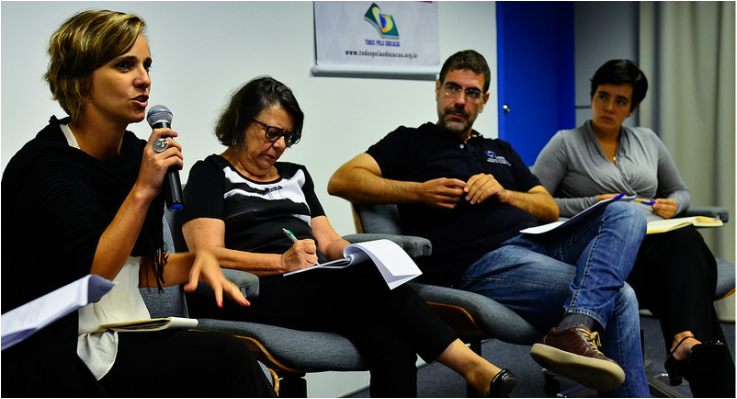

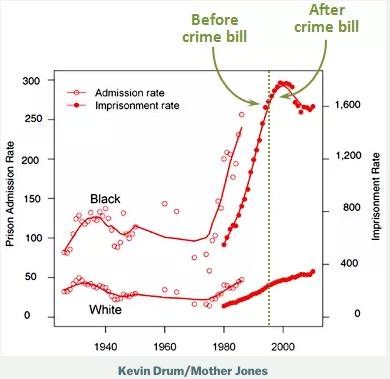
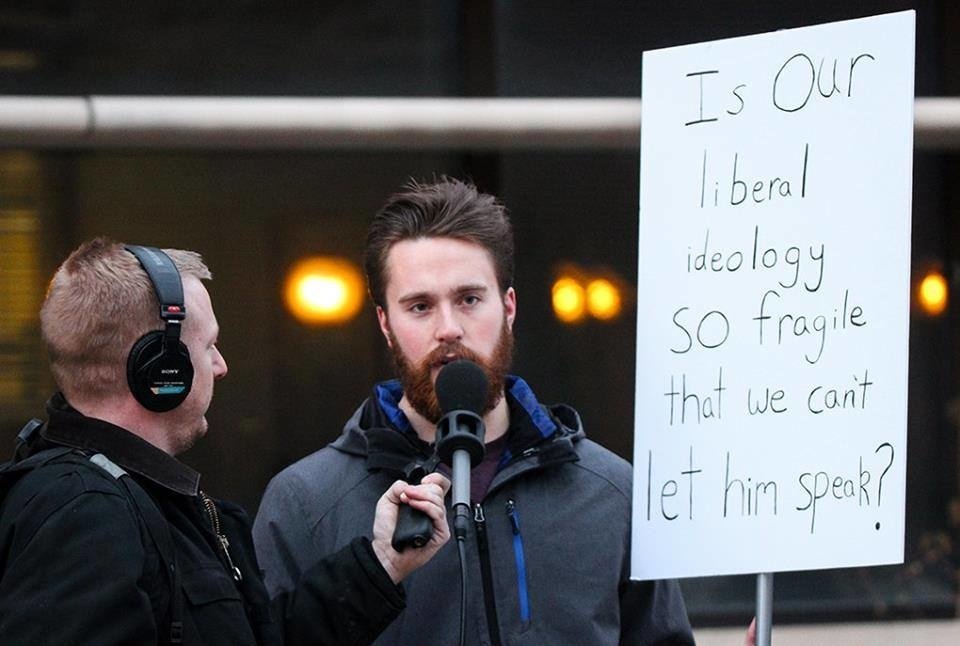
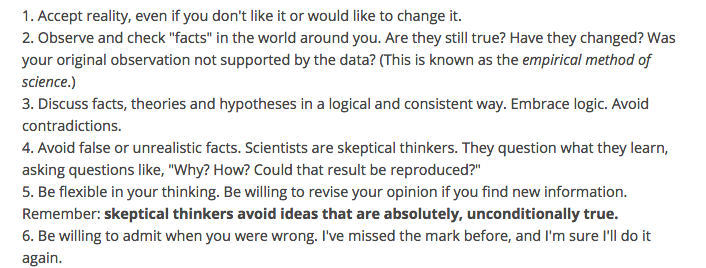
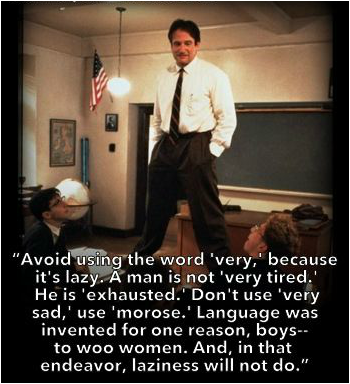



























 RSS Feed
RSS Feed